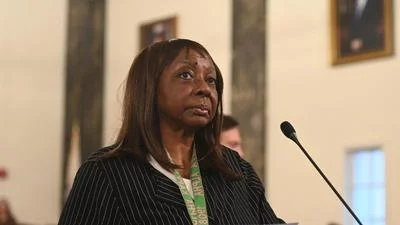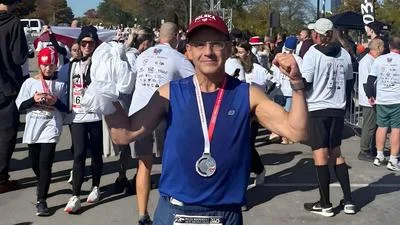Chicago-area hotels had no reservations about contributing big chunks of change to city aldermen who made it almost impossible for Airbnb to find a home in the big city, a government accountability group said.
Project Six published an article on its website offering details of hotel donations to city aldermen and how those aldermen voted on issues pertinent to the hotels.
“In 2015, hotels and hotel lobby groups donated more than $85,000 to 22 Chicago aldermen," the group said. "A year later, the city passed confusing and complex regulations on Airbnb and similar home-sharing services that allow people to rent out their private homes and apartments to individuals.”
Nathaniel Hamilton, marketing and communications director of Project Six, told Chicago City Wire that the pay-to-play politics of Chicago are nothing new.
“People, especially Chicagoans, know that aldermen and City Council members get a lot of money from all different kinds of businesses, so money and politics is no surprise to anyone," he said.
Hamilton noted that 42nd Ward Alderman Brendan Reilly received more than $20,000 in hotel donations from the hotel lobby and publicly supported additional restrictions on Airbnb in 2015.
Alderwoman Michele Smith got more than $10,000 from various hotels and similarly voted against Airbnb in Chicago.
“When we see the debate over home sharing and Airbnb, a lot of times we see established businesses that use their leverage to write checks to city politicians to help sway aldermen to write laws and regulations to block their competition and help create policies that are advantageous to them," Hamilton said.
Airbnb and Uber, the public ride service, are just two of the newer services that struggled to gain a foothold in Chicago.
“The established businesses have a leg up on the emerging businesses trying to make their way and be successful in the city,” Hamilton said.
He argued that although its sounds like business as usual, these moves affect people’s everyday lives, often more so at the local level. For example, anyone needing a ride might want to call Uber, he said.
“What gets lost in the debate when you talk about money and politics is its different from the effects we see from a local level to a national level," Hamilton said.
Hamilton said the Project Six article is intended to inform citizens of donations made from hotels to city leaders, and let them form their own opinions.
“The main goal was to make it available to people to take it to their elected official and ask them a question about it, even if they are for or against it," he said. “Even if you’re for them or against them, the laws of this city should be shaped around what’s best for residents and taxpayers, not who can write the biggest check.”






 Alerts Sign-up
Alerts Sign-up